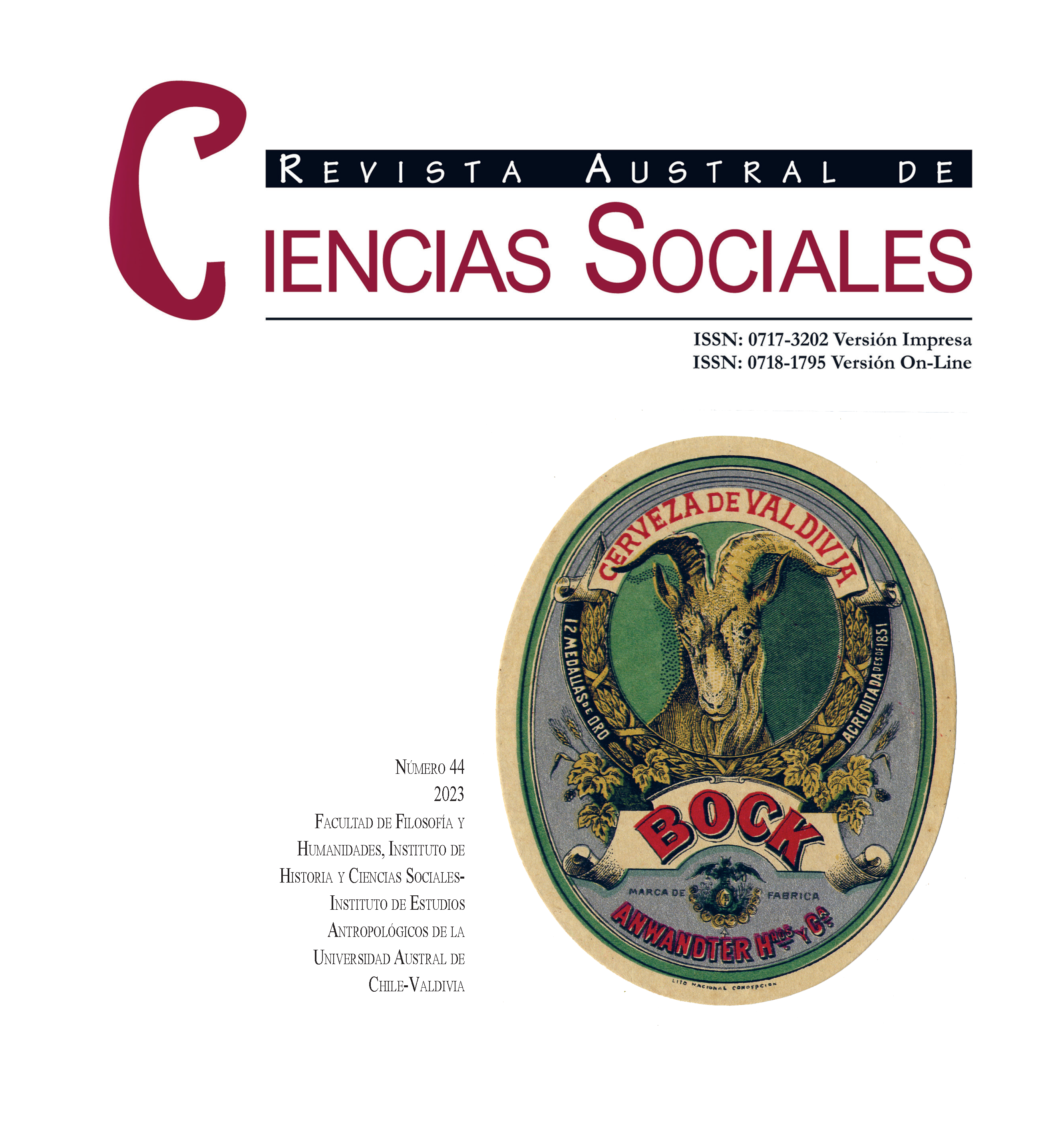«Expendable life» in the “war we have not seen”, a project of historical memory
Main Article Content
Abstract
This article presents an alternative framework for interpreting the war, including the representations of those who participated and survived the confrontation, which is still absent in the models that govern the understanding of the war. To this aim, we utilize “the war that we have not seen”, a project of historical memory which summarizes paintings and stories lived by ex-combatants. This composition, which belongs both to the field of the humanities and the social sciences since it involves critical- normative analysis (historical, philosophical, political, legal) of materials from extensive field work, is supported by a hermeneutical-critical, normative, and qualitative (collection, selection, and analysis of images and interviews) method. In addition, we draw on the conceptual analysis of authors such as Butler (war framework), Deleuze, Guattari and Mbembe (war machines) and Roxin (fungibility in organized devices of power). This exercise is novel because, in addition to representing the war through its actors, it complements existing studies based on the notion of fungible life, still absent in academic literature, although empirically verifiable. The study concludes by arguing that the fungibility of life constitutes the main cause of the enlistment and destruction f large populations, even of those not yet born.


 https://orcid.org/0000-0001-8588-7795
https://orcid.org/0000-0001-8588-7795